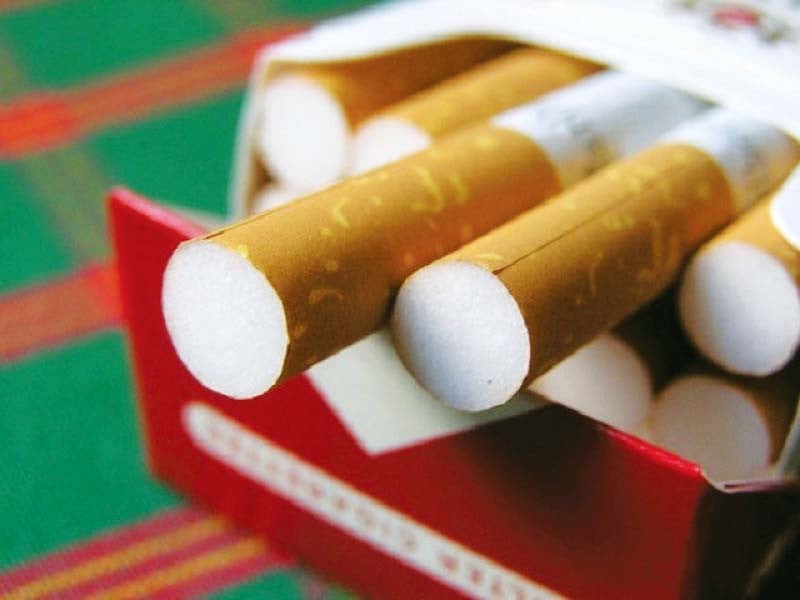- Web
- Feb 05, 2026
Experts push for higher tobacco tax to boost revenue
-

- Web Desk Shahzad Paracha
- Mar 14, 2024

ISLAMABAD: Amidst a dire economic situation marked by dwindling reserves, soaring inflation, and a precarious balance of payments, experts and anti-tobacco activists have called for heightened tobacco taxation to generate more revenues to prop up the economy.
The Society for the Protection of Rights of the Child (SPARC), in a statement, urged new Finance Minister Muhammad Aurangzeb to consider tobacco taxation as a potential remedy to bolster the economy.
“Such a measure could potentially offer a dual benefit of mitigating economic woes while simultaneously advancing the nation’s health agenda,” the SPARC said in a statement.
SPARC shared the concerns of health activists who advocated for higher taxes on cigarettes rather than utilities.
“This strategic approach not only aligns with public health goals but also addresses the broader economic implications associated with tobacco use,” it added.
Campaign for Tobacco-Free Kids (CTFK) country head Malik Imran Ahmad appealed to the new finance minister to recognize the significant challenge posed by tobacco consumption in Pakistan.
He said with approximately 31.9 million adults consuming tobacco, accounting for 19.7 per cent of the adult population, the impact on public health and the economy cannot be overstated.
Ahmad emphasized the burden placed on healthcare resources to treat smoking-induced non-communicable diseases, underscoring the urgent need for measures such as increased tobacco taxation to mitigate the economic strain and protect public health.
IBC Director Rabia Syed said, “Pakistan can generate additional Rs17 billion revenue through a 26 per cent increase in taxes on cigarettes.”
“This proposal not only aims to address immediate fiscal pressures but also aligns with broader public health objectives by discouraging tobacco consumption as outlined by the WHO,” she added.
SPARC programme manager Dr Khalil Ahmad highlighted the affordability of cigarettes as a driving factor behind youth initiation into smoking, further emphasizing the economic costs associated with smoking-related illnesses and deaths.




